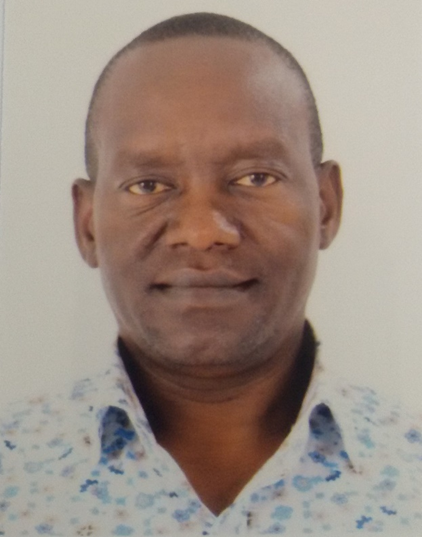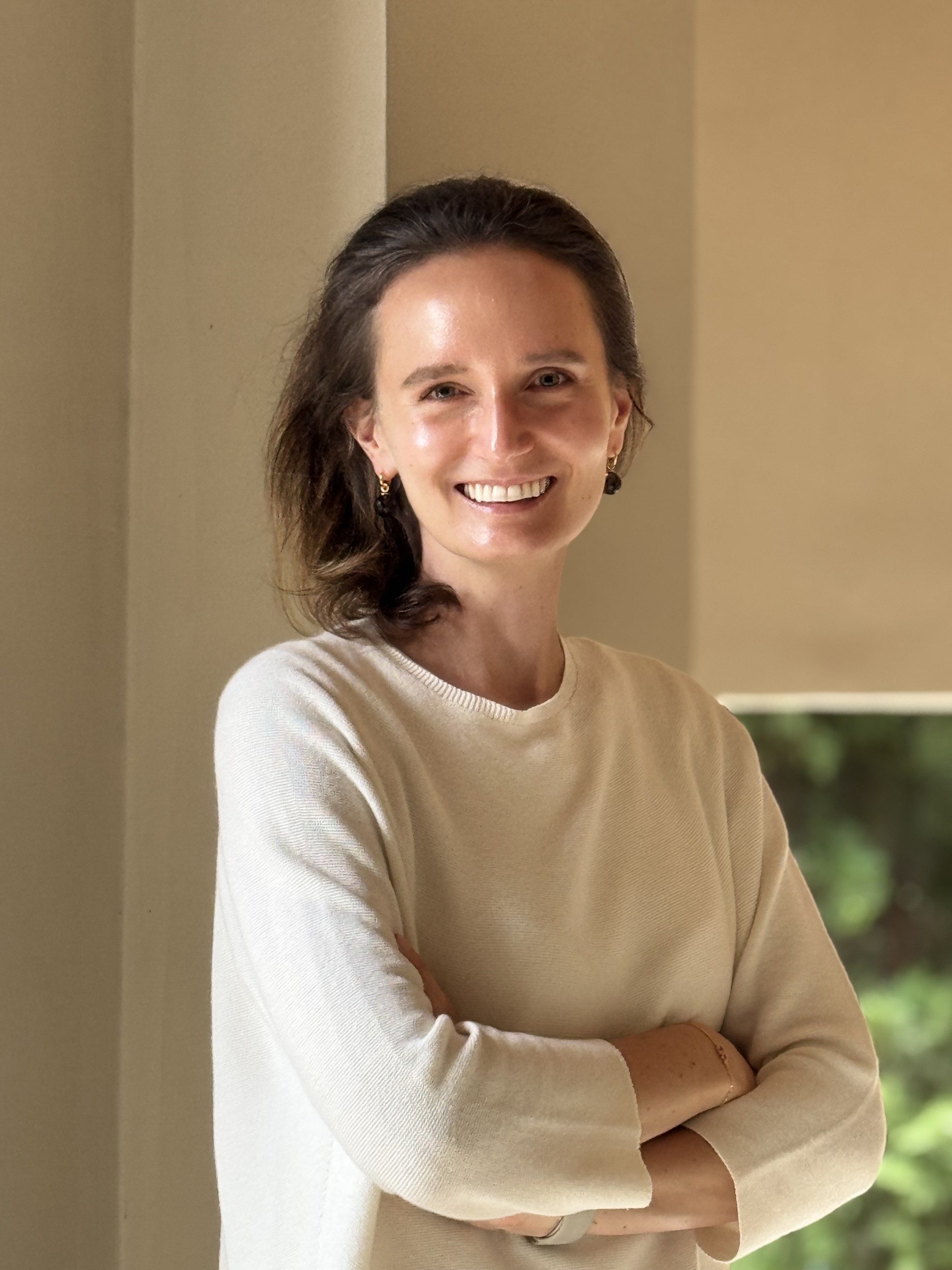About the OFAB Media Awards (OMAs)
Since its global inception in September 2006, the Open Forum on Agricultural Biotechnology in Africa (OFAB) project has played a pivotal role in advancing knowledge-sharing, raising awareness, and fostering constructive dialogue on agricultural biotechnology across Africa. As a collaborative initiative between the African Agricultural Technology Foundation (AATF) and like-minded organizations, OFAB operates through country-level chapters, primarily facilitated by government bodies serving as secretariats.
Currently active in Kenya, Uganda, Tanzania, Ethiopia, Nigeria, Ghana, Burkina Faso, Rwanda, Mozambique, and Malawi, OFAB continues to promote informed discussions on the safety and benefits of modern agricultural biotechnology among key stakeholders. However, the OMAs have since expanded and are now open to all African countries, meaning that journalists from any African country are eligible to apply.
The OFAB Media Awards (OMAs) were established to recognize and celebrate outstanding journalism that demonstrates excellence in agricultural biotechnology reporting. By honoring accurate, ethical, and impactful reporting, the awards aim to enhance public understanding and acceptance of agricultural innovations essential for food security, sustainable development, and poverty eradication in Africa.
Each year, the OMAs highlight the critical role of the media in shaping informed debates on agricultural biotechnology through responsible, professional, and evidence-based reporting on modern biotechnology. These awards underscore OFAB’s commitment to fostering a well-informed society that embraces science, technology, and innovation for agricultural transformation.
The OMAs are free and open to:
1. Accredited journalists from mainstream, digital, or multimedia platforms, including freelance journalists, content creators, and independent media professionals.
2. Practicing journalists from African countries with exception1 of Burkina Faso, Ethiopia, Ghana, Kenya, Malawi, Mozambique, Nigeria, Tanzania, Rwanda, Tanzania and Uganda are eligible to apply.
3. All entries must have been published or broadcast between August 30, 2024, and October 30, 2025.
Award Categories
1. Print- Recognizes outstanding newspaper or magazine reporting that meets the criteria.
2. Radio- Honors compelling audio storytelling, including features, podcasts, or documentaries, that inform and engage diverse audiences on the agricultural biotechnology beat.
3. Television- Awards excellence in televised news features, documentaries, or investigative reports addressing key agricultural biotechnology themes.
4. Digital/Online Media- Celebrates innovative and impactful online journalism, including blogs, multimedia content, and digital storytelling formats that foster understanding of agricultural biotechnology.
Judging Process
The judging process is led by an independent panel of judges experienced in journalism, media development, and science communication, with expertise in agricultural biotechnology. The process involves:
1. Screening: The Secretariat reviews entries to ensure they align with eligibility criteria, submission guidelines, and completeness.
2. Scoring: Judges independently evaluate submissions using a standardized form.
3. Deliberation: Scores are aggregated, and the panel discusses justifications for top entries to reach a consensus on the strongest submissions.
4. Final Selection: Winners are chosen based on cumulative scores and panel consensus.
5. All judges operate under a strict conflict-of-interest policy to ensure fairness and impartiality.
Judging Criteria
Independent judging committees select the winning entries based on:
1. Evidence-based presentation of agricultural biotechnology.
2. A strong commitment to balanced and comprehensive coverage of agricultural biotechnology.
3. Originality.
4. Clear and simple explanation of scientific jargon and concepts.
5. Ability to demonstrate the role of biotechnology in agricultural development.
Rules and guidelines-to ensure smooth and fair competition, all participants must adhere to the following rules:
1. Each participant may submit up to three self-appraised entries per category.
2. Any responses that exceed the word count specified in the nomination form will not be considered. All work must be original and properly attributed. Plagiarism will result in disqualification.
3. All entries must have been published or broadcast within the eligibility period (August 30th, 2024-October 30th 2025).
4. Submissions must include a working link or a file upload of the media product, not exceeding 10MB in size.
5. Translations or transcripts must be provided for entries not in English.
6. Access to entries: If an outlet has a paywall or limited access, the entrant must provide entries in readable PDFs. Failure to provide accessible content during the screening and judging period will result in disqualification.
7. All entries must be received by the submission deadline: September 15, 2025, at 5:00 p.m. at country level. Chapter coordinators shall conduct OMAs events at country level and submit entries to AATF by October 31, 2025.
8. Two awards will be given in each of the four categories – winner and runners up. In cases of multiple authors or producers, only one representative shall attend the awards ceremony.
9. Prizes are non-transferable and non-assignable.
10. By submitting an entry, participants grant AATF the right to use the work for promotional, training, and advocacy purposes, with full attribution.
11. The judges’ decisions are final and not subject to appeal.
Would you like to participate?
In case of any queries, reach out to OFABAfricaMediaAwards@aatf-africa.org






















































































